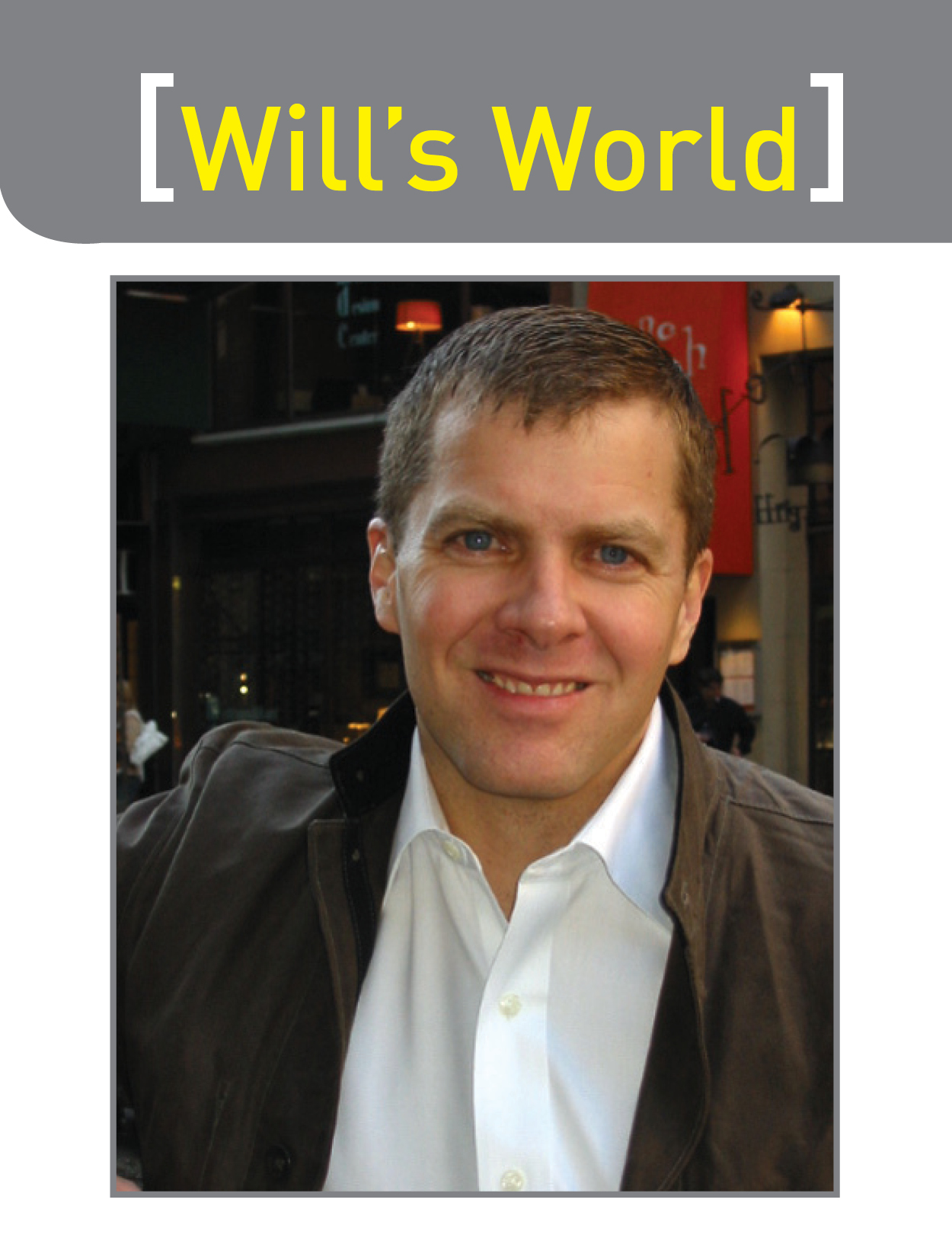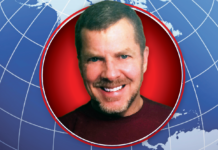By Will Carlin
First, there are the world rankings. One of them is ranked number one in the world and one of them is ranked number two. Since January 2011, one of the two of them has held the top rank, and it has flipped-flopped twice in that time period.
Second, there is the streak. The player who currently is number two has not lost to his rival in 20 consecutive matches. It defies reason, really, and adds to the intrigue.
Third, there is their hometown. Each of them hails from Yorkshire, England, and they live within a few miles of each other; one in Sheffield and the other in Leeds.
Fourth, there are the personalities; while they don’t hate each other, each has said that they aren’t exactly best friends. And each has admitted that he is tired of the publicity that centers on their rivalry instead of their accomplishments.
Finally, there is the frustration. When they played each other in the finals of the Canary Wharf Classic back in March, it was not lost on either of them that Canary Wharf, the glittering London financial hub, also has been the home of the London Organizing Committee of the Olympic and Paralympic Games.
The 2012 Games are now over, and once again, squash was not at the party.
“It’s gut wrenching,” said Nick Matthew, World No. 2 and the current holder of the World and British Opens, when talking about the Olympics.
“Squash is absolutely perfect for the Olympic Games,” adds James Willstrop, the World No. 1 player. “The improvements in the TV production are superb, and it is bitterly disappointing that we are not…involved in the 2012 or 2016 Games.”
As most of us remember, squash’s last two attempts to persuade the IOC to add squash to London’s schedule, and to the Rio Olympics in four years, both failed, though many may have forgotten that in 2005 squash—along with karate—momentarily was voted into the London Games.
In the few hours between being voted in and being ratified with what previously had been a pro forma 2/3 majority vote, however, a few very powerful sports lobbied hard to prevent these two sports from gaining a foothold. Golf, rugby and baseball were the lobbyists most frequently mentioned, and while this confusion meant that no new sports were added for 2012, it wasn’t surprising that golf and rugby were in for 2016.
In 2020, squash is up against seven sports: karate, roller sports, baseball, softball, climbing, wakeboarding and wushu (another martial art). Only one spot in the Olympic program is open.
The odds are against squash.
Karate’s bid will be very strong (they were, after all, the other sport approved back in 2005), but it was an Associated Press story released on July 22nd that really shakes squash’s world:
“Seven years after they were cut from the games, baseball and softball have agreed to merge into a single international federation in a joint bid to return to the Olympics…The heads of the two governing bodies said Saturday they plan to unite into the International Baseball and Softball Federation in hopes of increasing their chances of coming back for the 2020 Games.”
As by far the richest of the applicant sports, baseball has had lots of bid advantages, but the one major ding against them has been that it is not played by women. By combining with softball—a very popular spectator sport in past summer games— baseball has solved that problem and created an opportunity for two former sports to get in “for the price of one.”
That said, the World Squash Federation (WSF) has been incredibly determined to learn from the past and to do everything possible to make the 2020 bid successful. One of their bold moves was to seek out and hire Mike Lee, one of the strategists behind the winning Olympic campaigns for London 2012 and Rio 2016 and for Qatar being chosen to host the 2022 Soccer World Cup.
He also was the mastermind behind Rugby’s successful 2016 inclusion—at the expense of squash.
“I think squash has a very strong case,” said Lee in an interview with Reuters published earlier this year. “They are making it clear they have listened and learned and innovated in the sport…made it much more broadcaster and spectator friendly. It’s a genuine global sport with a successful men’s and women’s tour. It has a lot going for it.”
Hiring Lee was critical because the reality of winning bids either for sports or for host countries is that it depends as much on the schmooze as it does on the worthiness of the candidate. Lee clearly understands that, and he is helping squash maximize its chances this time around.
Some of the things the group has done include the formation of the worldwide fan effort (www.squash2020.com), the naming of squash ambassadors (Willstrop, Matthew and Nicol David, the top woman player, are among them) who have gone to meet and greet with IOC officials, the distribution of a terrific bid booklet, and the organizing of the successful World Squash Days.
“We now have a really good bid,” says Andrew Shelley, the chief executive of the WSF. “We’re the only racquet sport in which both players are on the same side, so it’s gladiatorial and made for TV.”
That’s where Willstrop and Matthew came in.
They were making news on their own toward the end of last year, but as the Olympics approached and Willstrop’s highly regarded book was released (“A Shot and a Ghost”), there was a surprising amount of British press about the best rivalry that wouldn’t be seen during the Games.
Having the Games in London with two homegrown Britons as the top two players in the world has been a lucky break in terms of press. Squash needs to hold the luck just a little bit longer.
The decision is in May with ratification next September. “Squash has an opportunity…[ but] you don’t want to lose a third time,” cautions Lee.
Now that the London Games are complete, the time soon will be upon us.
Fingers crossed.



